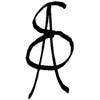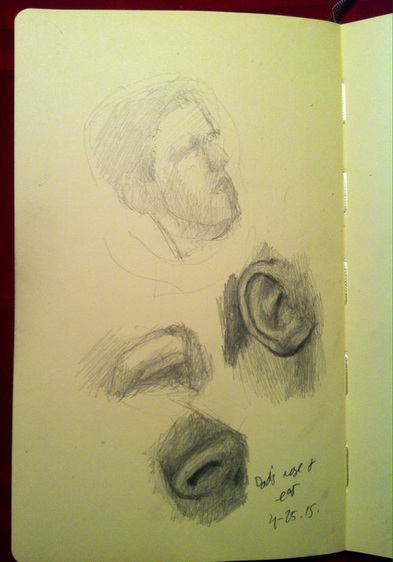Tools for seeing and application. Many art instructors, at one point or another, suggest to their students that they "squint" at their subject. Squinting your vision is an extremely useful way of viewing your model. This is why many teachers immediately suggest it as a way to ease the artistic process.
In a sense, they're ways to simplify the subject. And any work of drawing, painting and composition thrives on simplicity. As with any tool or way to operate, my goal is to share some truthful strategies and not to set any limits on their function. When you squint at an object, even in bright sunshine, you will notice a dramatic downplay in the value and clarity of the object. The world becomes darker because less light is hitting your retina and also because the world is full of midtones and darks. To control midtones and darks is the key to a great painting. I don't want to confuse this with blurring your vision because unfocusing your eyes is a very different tool. Squinting is about seeing a truer value and filtering our highlights to see the underlying form. While, blurry vision leads to less definition and amorphous structure. The amazing thing is to realize how dark the world is. Even caucasian flesh, for instance, is dark. As a test, take a white napkin and hold it up against your any object and see for yourself. You will find almost nothing comes close to the brilliant white of a napkin. At one point, you will have to open your eyes to see the detail, but it is always more important to get the larger planes and accurate value. The detail is superficial and squinting allows you to see the bones and structure. Do some sketching and see for yourself.
0 Comments
Your comment will be posted after it is approved.
Leave a Reply. |
Archives
July 2024
Categories
All
|


 RSS Feed
RSS Feed